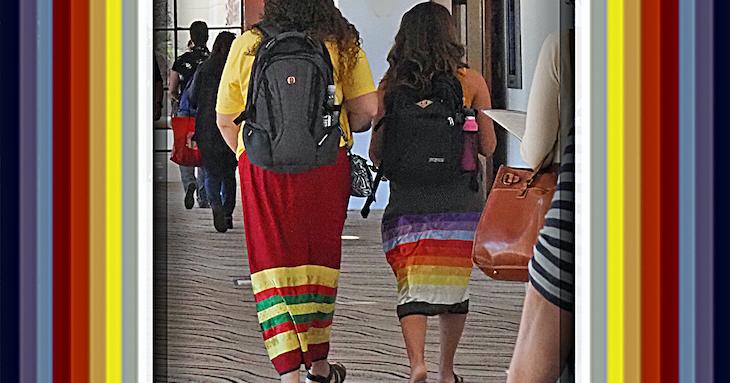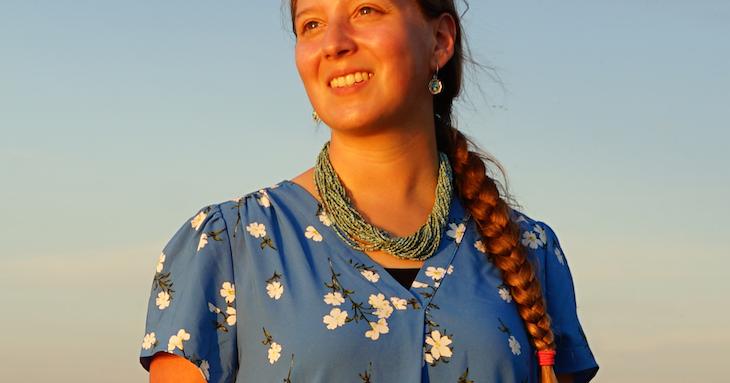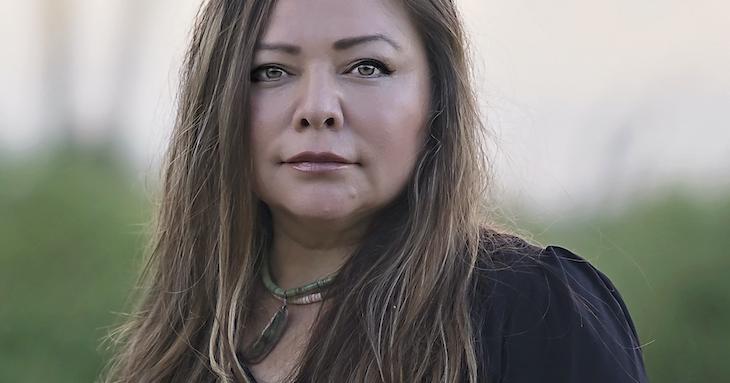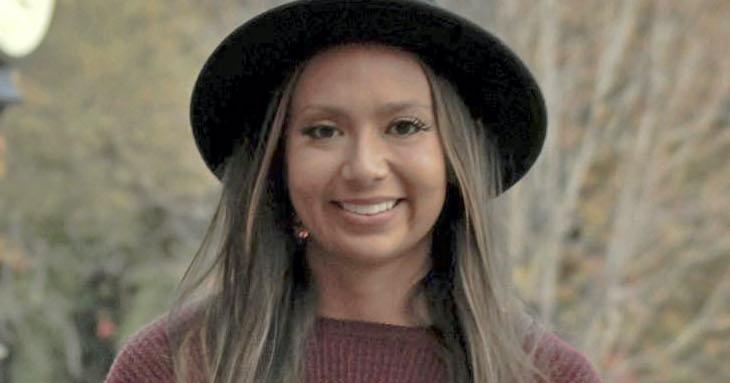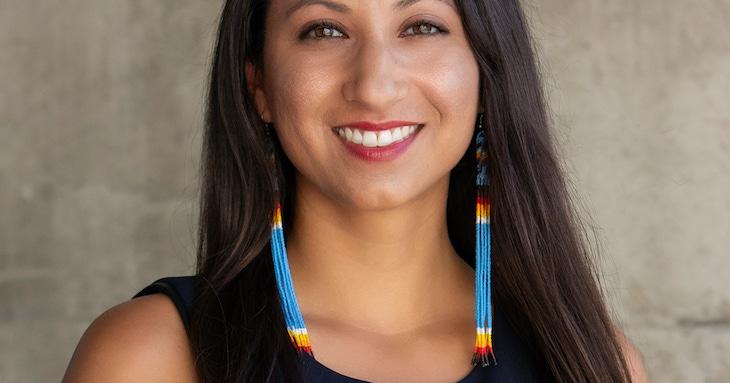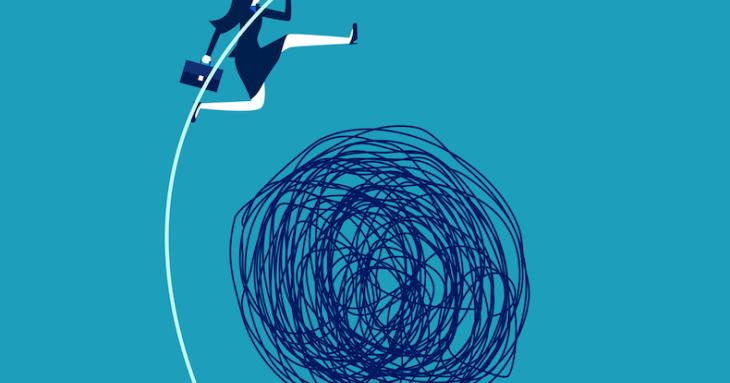-
Following Native Traditions at College
Going to college may be the first time that you are spending a significant amount of time away from your family. It can be hard adjusting to this new normal, where everything is different. Between new schedules, friends, classes, and extracurriculars, college can be overwhelming. Being away can also make it hard to follow your Native traditions. But don’t let this new world keep you from staying connected to your culture. Here are a few ways to follow your Native traditions at college.
Choose a School that Supports Your Native Identity -
Executive Excellence | Chris O’Gorman | Winnebago Tribe of Nebraska
In his job as director of weapons stockpile management at Sandia National Laboratories, Chris O’Gorman manages and leads a diverse team of 400-plus scientists, engineers, and technologists. It’s an important and complex job: O’Gorman is tasked with ensuring the reliability and safety of America’s nuclear weapons stockpile.
-
Technical Excellence | James Leatham | Cherokee Nation
For years Jim Leatham wondered why he looked at the world and behaved in ways that were so different from other people. It’s not as though Leatham wasn’t flourishing. He obtained an undergraduate mechanical engineering degree from the Massachusetts Institute of Technology and a master’s degree in electrical engineering/electrophysics from the University of Southern California.
-
Most Promising Engineer or Scientist | Angela Teeple | Bay Mills Indian Community – Sault Ste. Marie Band of Chippewa
When Angela Teeple was in middle school in Virginia, she enrolled in Project Lead the Way (PLTW) classes designed to get young people interested in STEM. In her class were Teeple’s best friend — a girl — and a roomful of boys.
-
Indigenous Excellence | Dr. Sonia Ibarra | Apache, Caxcan, and Mexicana
When Dr. Sonia Ibarra approaches a research project, her first concern is something many scientists don’t even consider: the need to build the trust, relationships, and support of the community where her work will take place.
-
Blazing Flame | Rachel Yellowhair | Navajo
When Rachel Yellowhair was growing up in the Navajo Nation in Arizona, she didn’t have role models who could paint a picture of what a career in medicine, engineering, or some other STEM field could look like. Still, there were teachers and employees at the coal mine where her father worked whom Yellowhair noticed. “Those are all careers to be commended,” Yellowhair says. “But they were the only role models when I was growing up. I didn’t have a doctor or an engineer or an architect who could say, ‘I’m a Navajo and you can do this too.’”
-
Professional of the Year | Deneen Hernandez | Seneca Nation
Deneen Hernandez had an early introduction to criminal justice as well as anatomy and physiology because babysitters were scarce. Her mother, a marshal for the Seneca Nation in New York, pursued a degree in criminal justice and had no choice but to take little Deneen with her to class. “I helped her study criminal justice, like constitutional law and Miranda rights,” says Hernandez, this year’s winner of the Professional of the Year Award.
-
Madison Whitekiller | Cherokee Nation | University of Oklahoma–Tulsa School of Community Medicine
Mdison Whitekiller became a “nurse” at the age of 10. Her mother had been diagnosed with breast cancer, and Whitekiller took care of her as best she could. Looking back, Whitekiller believes this experience greatly influenced her desire to pursue medicine. Now, as she starts medical school at the University of Oklahoma–Tulsa School of Community Medicine, she is well on her way to becoming a doctor and helping not only her mother but the larger Native community.
-
Dr. Lydia Jennings| Pascua Yaqui Nation | University of Arizona
Connecting the dots among tribal lands, government agencies, and entities interested in tribal land resources is at the heart of what drives Dr. Lydia Jennings. In 2020 she completed her PhD in soil microbiology with a minor in American Indian policy at the University of Arizona. Dr. Jennings, Pascua Yaqui, is currently pursuing a post-doctoral fellowship in community, environment, and policy at the university’s College of Public Health.
-
Blocking out the Noise: How to Prevail in a Negative Workplace
A negative workplace can be one of the most challenging aspects of your professional career. Whether the negativity comes from colleagues, your manager, or the overall workplace culture, it can make every day a drag. So how can you prevail against all the negativity? Here are few tips to help you focus on yourself and your work — and not the negativity.
Break the Chain


